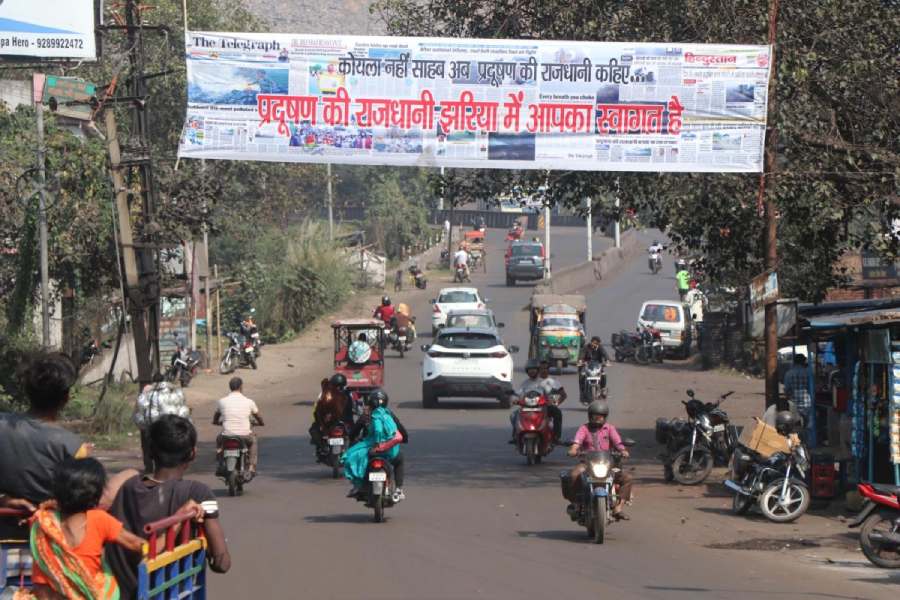A Jharkhand-based human rights activist has appealed to Prime Minister Narendra Modi to order a high-level probe into reasons for air pollution and identify those responsible for it.
Ashok Kumar Mukherjee, chairperson of an NGO and heads the state unit of the International Human Rights Commission, sent a letter to the Prime Minister on Thursday and also tagged it to PMO on X. He emailed it to PMO informing about severe air pollution prevailing in Jharia and almost entire coal belt of Dhanbad which is causing breathing distress and endangering lives of lakhs of people.
The letter assumes significance as the Prime Minister is scheduled to arrive at Sindri in Dhanbad district on Friday and inaugurate, dedicate and lay the foundation stone of projects worth Rs 35,700 crore in the state.
“A mountain of coal mining debris has been built around the densely populated Jharia coalfield, which is against environmental protection. The rules of MMIRD (Mines and Minerals Regulation and Development) Act 1957 state that as per the rules of ‘environmental clearance’ obtained before mining work, backfilling and reclamation is necessary after coal production so that the land can be revived by planting trees or the land can be made habitable again. If the reclamation method had been adopted in BCCL (a subsidiary of Coal India Limited), neither the displacement problem would have arisen nor billions of rupees would have been spent on rehabilitation and the coal fire would not have increased so much,” the letter states.
The letter also alleges that coal production is being done by adopting unscientific methods. “Due to transportation and dumping near densely populated areas, coal dust and dust particles are continuously flying in the entire area, and poisonous gases and heat of fire emanating from the fire areas for years are making people suffer. Due to air pollution, the immunity of people is decreasing and the number of dangerous diseases like cancer is increasing,” it adds.
“Diseases are spreading in every household, which mainly include mental stress, cancer, eye diseases, headache, cold and cough, shortness of breath (asthma), chest disease, heart disease, hypertension, stomach diseases, allergies and skin diseases,” the letter claims.
“People are being subjected to physical, mental and economic trauma, which is a gross violation of human rights which should be investigated at the ground level by a high-level inquiry committee and those responsible identified,” it concludes.
Jharia had topped the list of polluted towns in India in a 2019 Greenpeace India report while Dhanbad was the second most polluted.











